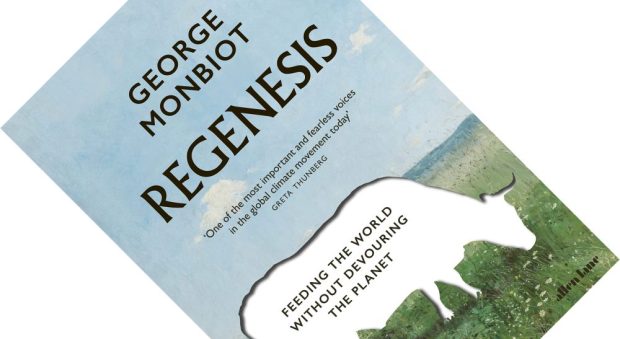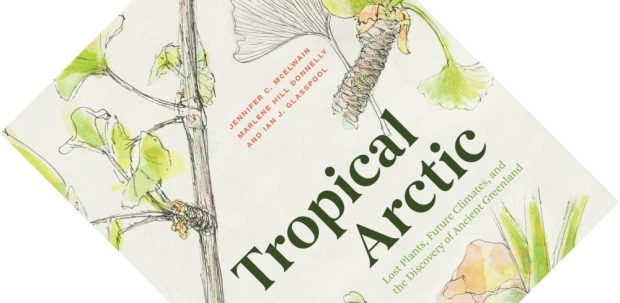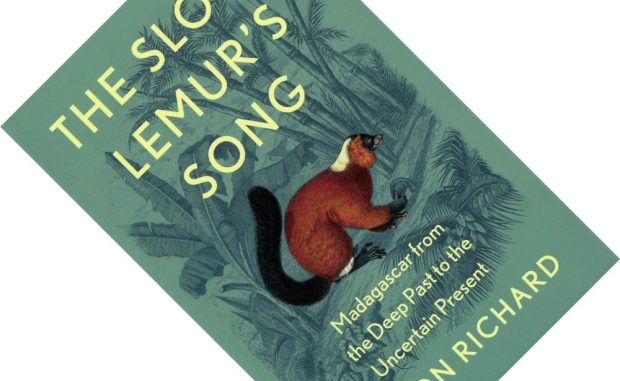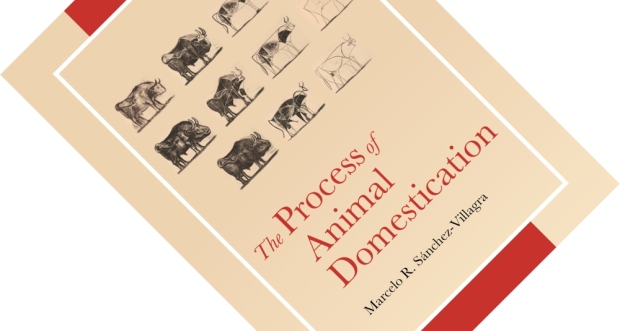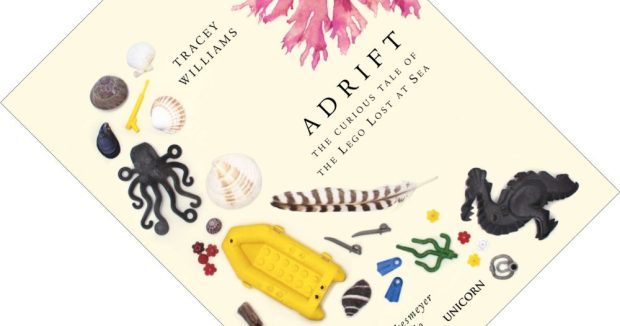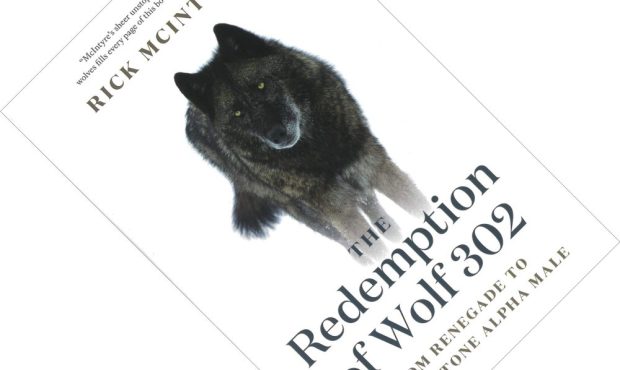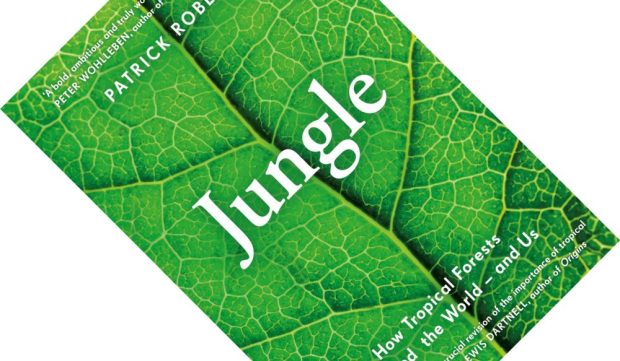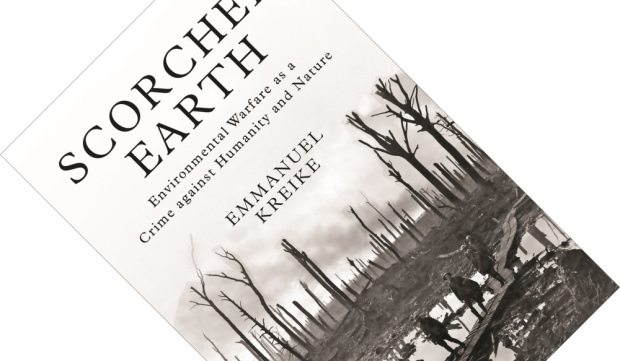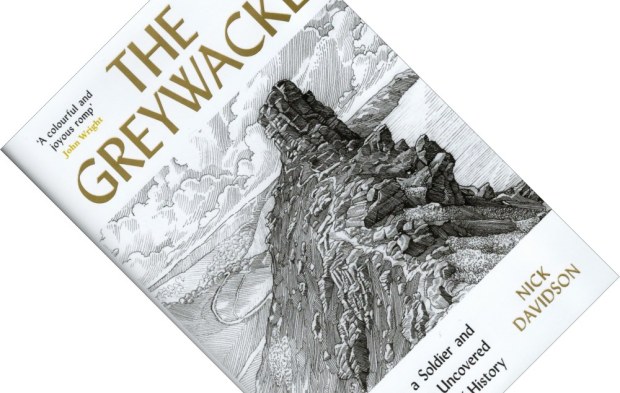8-minute read
keywords: agriculture, environmental issues, food
Do you eat? Then you might wish to consider that farming is destroying the planet. Or so argues Guardian columnist and environmental campaigner George Monbiot, who is never one to shirk controversy. I have a lot of time for Monbiot. I might not agree with everything he has written over the years, but I find his ideas to be driven by sound logic and appropriate scepticism. He is neither afraid to admit his mistakes nor to piss people off by saying things they do not want to hear. In that sense, Regenesis is a necessary provocation.

